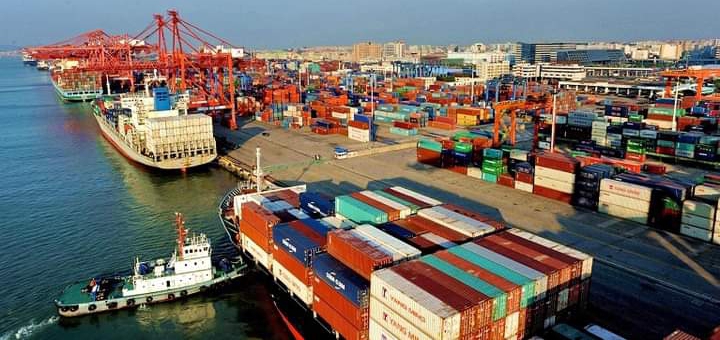The full automation of port terminals does not bring improvements neither in the productivity of the concessionary companies nor in the ports that host them. This is the main conclusion drawn from an exhaustive and comprehensive independent report produced by the Centre for Innovation in Transport (CENIT) on behalf of the International Dockers’ Council (IDC) and the International Transport Workers’ Federation (ITF).
According to the authors of this study, fully automated terminals do not represent better productivity rates than traditional terminals. In addition, CENIT experts point out the high vulnerability to cyber-attacks, greater exposure to hackers and, consequently and a higher rate of insecurity for goods and ports.
Sergi Saurí, Director of CENIT, said that “in the port sector it has always been assumed that full automation would bring better productivity rates, but based on the current real experiences, there is no evidence to support that.”
CENIT also point out the high level of upfront capital costs and additional maintenance costs for automated terminals. In addition, the research points out inherent dangers such as the power concentration on the part of the concessionary companies, which implies a price control, and consequently, a loss of sovereignty and control by the public administrations and national governments.
Likewise, automation negatively impacts economic and tax sustainability, entails practices that affect free competition in that they grant more power to shipping companies, improve revenues only for their shareholders, and raise the danger of monopolistic practices. This also leads to a decrease in rates, and therefore a reduction in port revenues leading to a significant loss of resources.
Regarding the social sustainability of the workforce, the study points to negative impacts for port automation including the loss of thousands of jobs for both terminal workers and the supply and auxiliary companies, and the lack of adaptability to rapidly respond to unexpected situations. These types of terminals, located in more socially advanced countries are guilty of social dumping and practices where remote maintenance tasks are outsourced to countries with fewer freedoms and rights for workers and with much lower salaries. In this sense, automation has a direct impact on tax revenue for the state, as it will mean lower tax collection and higher social security costs due to job losses, not just at the port but also in the surrounding community.
- Advertisement -
About the authors of the study
Centre for Innovation in Transport (CENIT) is an independent entity with more than two decades of experience and is part of the International Centre for Numerical Methods in Engineering (CIMNE). Created by the Government of the Generalitat de Catalunya, through the Department of Territory and Sustainability and by the Universitat Politècnica de Catalunya-Barcelona Tech (UPC), it prepares studies and reports for all types of public and private entities, from the European Union, to governments, port administrations, associations and companies in sectors as diverse as urban mobility, logistics and maritime transport or infrastructure management.
For the realisation of this joint report between IDC and ITF analysis and interviews have been conducted with port authorities, international organisations, terminal operators, cybersecurity experts, 5G technology providers and trade unions.
IDC and ITF positioning on automation
The IDC and ITF are the most representative trade union federations of port workers at the international level and are fully opposed to the processes of automation of port terminals. We will continue to organise against this type of process that attacks workers’ rights and decimates both quality port jobs and jobs in the wider community.
The IDC and ITF will continue to defend the rights of port professionals. We will also seek to make multinationals and administrations involved in automation processes aware of the dangers and weaknesses. Workers are not against technological change but will not accept any process that leads to compulsory job losses or inferior terms and conditions for port workers.




Comments are closed.